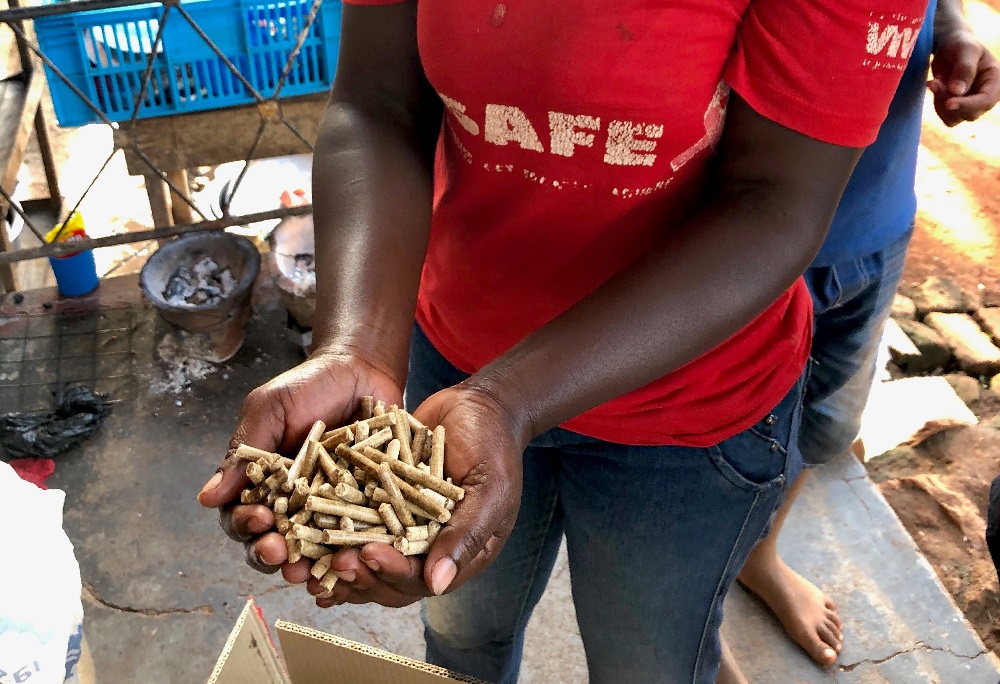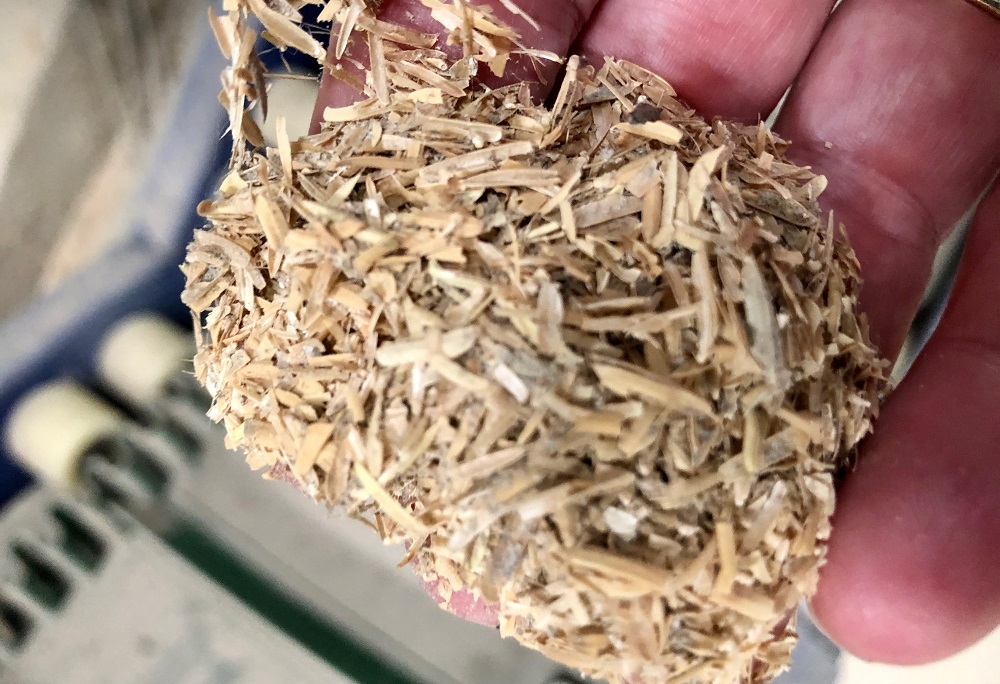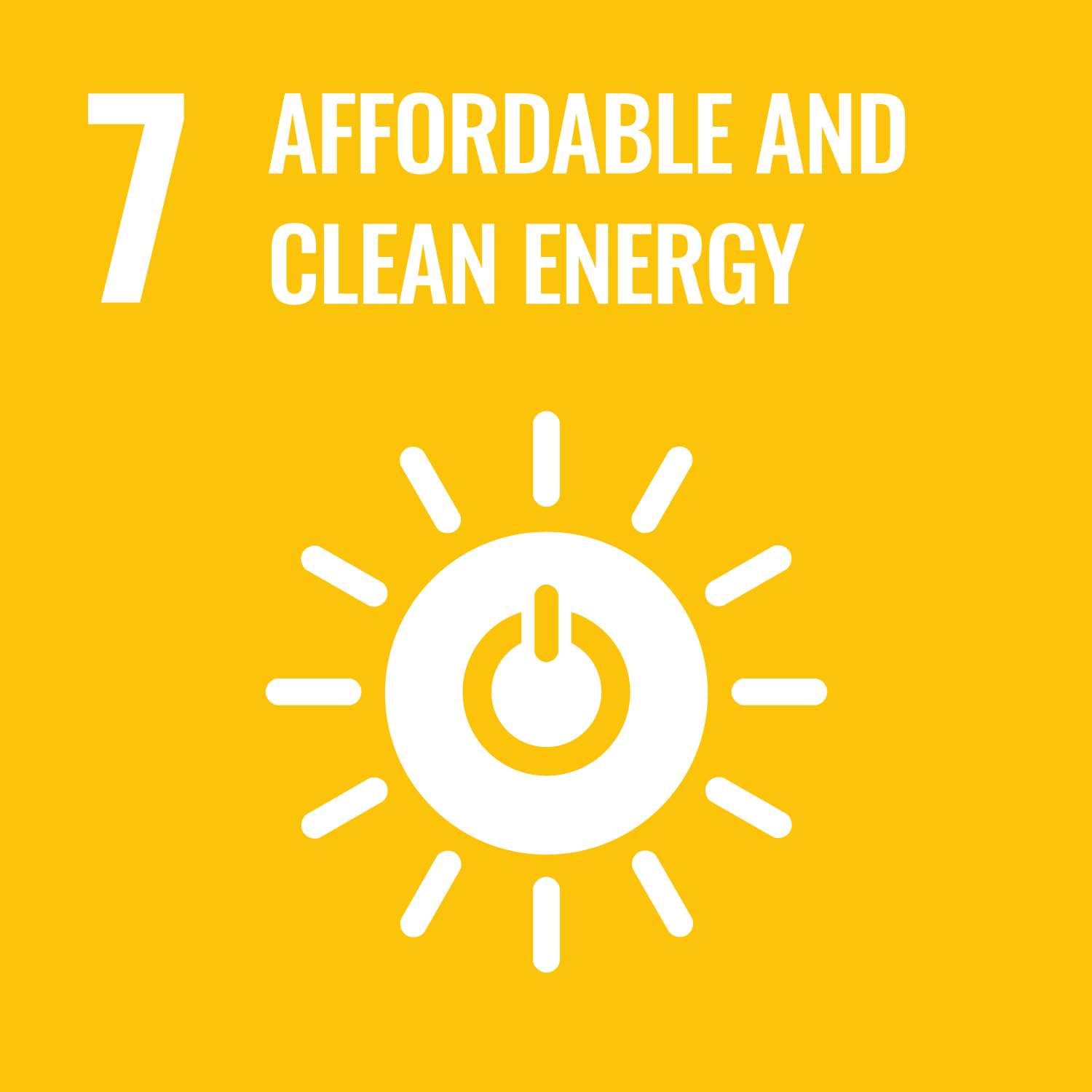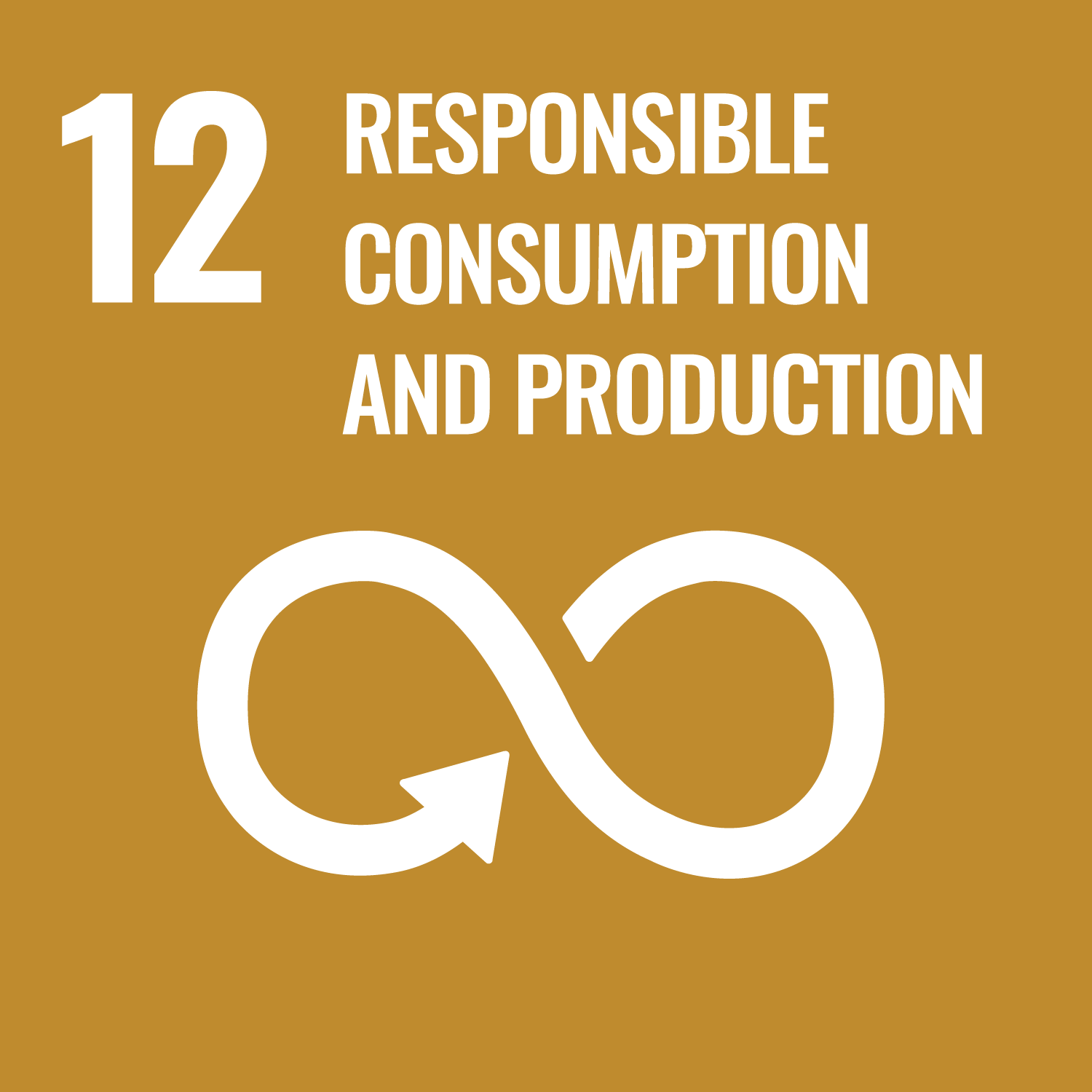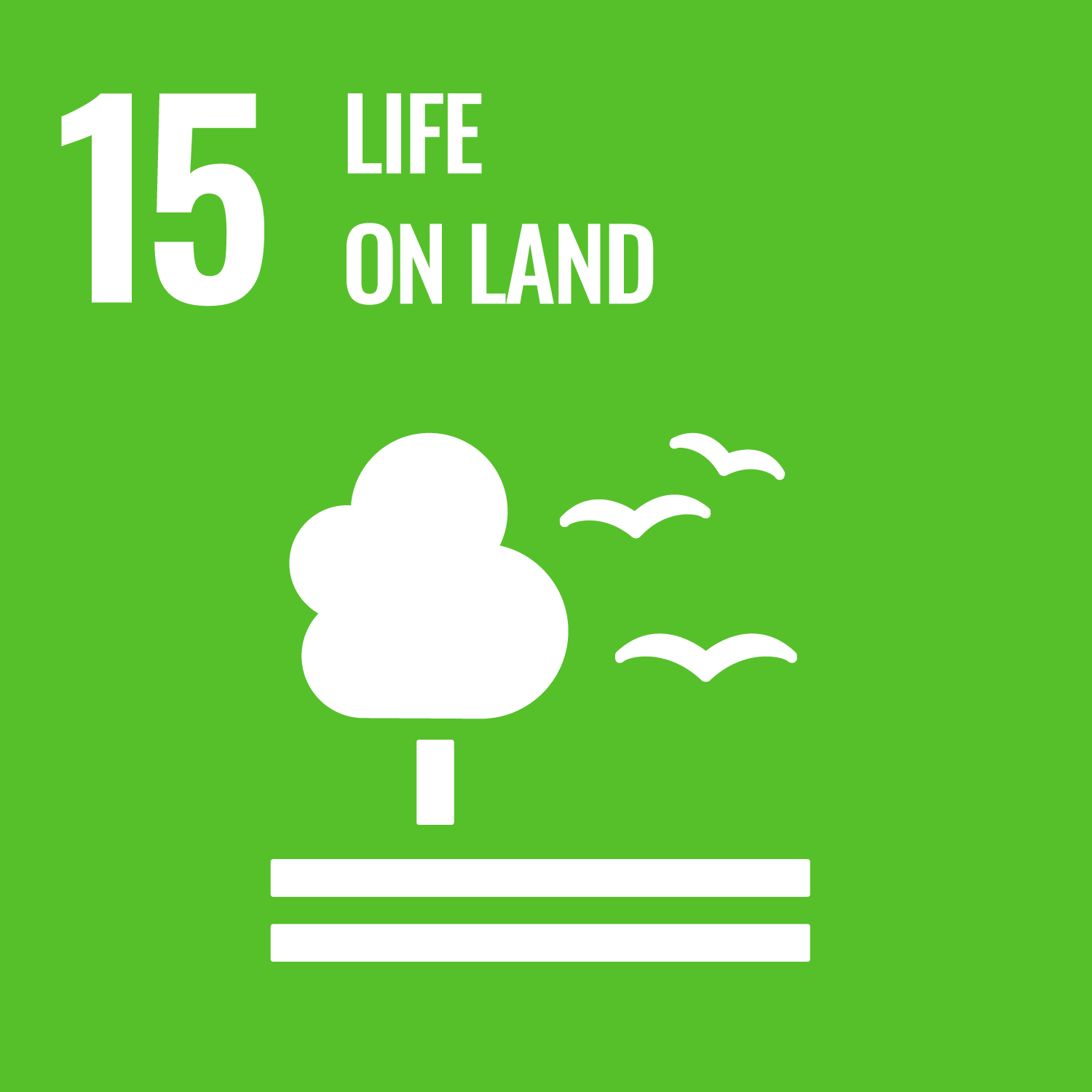Scientifically Optimized Cooking Stoves
Taking pressure from forests by substituting charcoal with agricultural residues
Project Facts
Location
Uganda
Kampala
Project Volume
10.000-100.000 EUR
Project Dates
Start: 2017
The Story
The urban area of Kampala is currently using up to 1,000 tons of charcoal per day which leads to a rapid decline of forest cover in Uganda. Replacing coal or firewood by local agricultural residues that otherwise would be burned in the fields or rot in the ground takes pressure from the forests and at the same time opens up new business opportunities.
When a large rice mill in Kampala contacted proPellets Austria for marketing possibilities for pellets made from rice husks, the association initiated a joint venture: They connected the rice mill with Ekasi Energy, a South African company producing the Fabstove, a gasifying pellet cookstove, and sponsored a project with the Technical University of Graz, Austria, to optimize it for rice husk pellets. Using state-of-the-art scientific methods such as computational fluid dynamics, the optimization resulted in a massive improvement of efficiency and emissions. The TLUD (top lit updraft gasifier) technology minimizes emissions by turning the pellets first into a combustible gas and subsequently burning it cleanly with the help of a built-in electric fan. By this method, half a kilo of pellets suffices for 45 minutes of cooking. This allows people to cook at significantly lower costs, improves air quality in households and at the same time benefits the forests and the climate.
Due to the high efficiency of the Fabstove, the rice husk pellets from the mill will be able to replace about 30.000 tons of charcoal every year. Also pellets made from straw, sugarcane bagasse, peanut shells or other agricultural residues can be used.
Success Factor | Hero Moment
The innovative approach of applying the most advanced techniques to optimize a combustion process in the context of a very simple device has brought about the cleanest pellet cookstove in the world, according to its developers. Once optimized, such a design can be built with simple tools and thus opens lots of possibilities for international replication.
Submitter
proPellets Austria, Austria
Other Involved Stakeholders
Ekasi Energy, FOL Rice Mill, Potential Energy
Contact Mail
rakos@propellets.at
Website
www.ekasi.energy/fabstove-biomass-pellet-gasifier-stove

